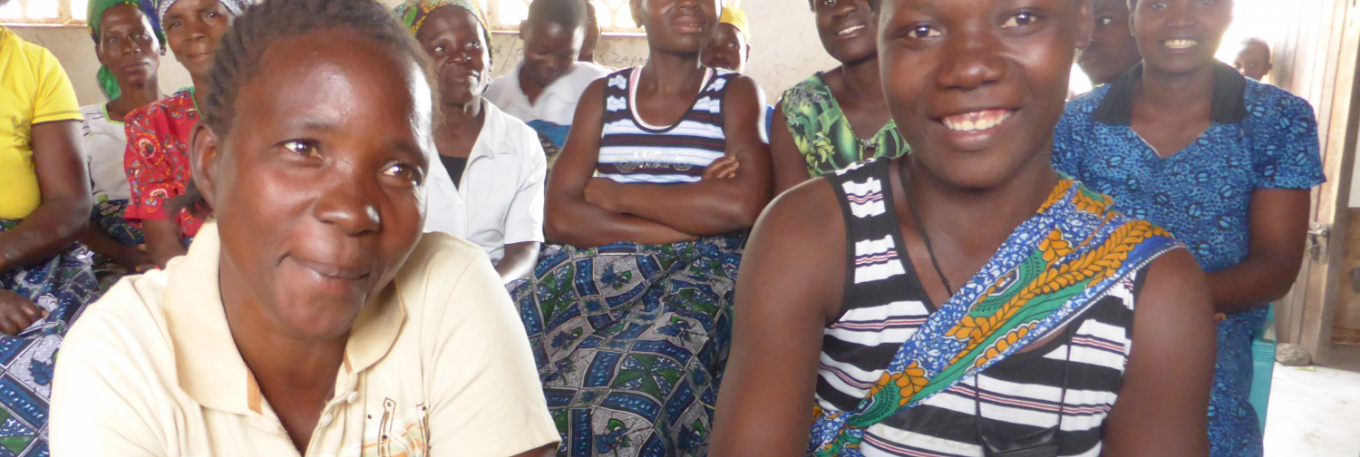Stopping Inequality
Context
The overall aim for countries using this programme is to break down the barriers and challenges faced by women when dealing with money and finances. It aims to raise their social and economic status, resulting in them having more of a say in their households, and helping to create women entrepreneurs.
The long term changes that the programme achieves are:
- Participants increasing their incomes, starting small enterprises and becoming more independent
- Women being able to use their newly acquired budgeting and savings skills to improve their families' wellbeing as well as their community. As well as financial benefits, participants start to see cultural change and as a result, able to do more to support their communities and themselves
- Women being more financially literate and being able to start or develop income-generating activities
- The skills learnt and businesses formed stay within the communities and are passed on to family and other community members
Through the programme we have seen that women's statuses increase within their communities due to them becoming more financially independent and self-reliant. As well as the financial benefits, it is our goal that participants will start to see cultural change. As a result, they will be able to do more to support their communities and themselves.
An example from Tanzania:
The Diocese of Western Tanganyika Kasulu in Tanzania has 15 MU VICOBA groups. Each group has around 22 members with an average group savings of 650 GBP. The members of MU VICOBA groups have started different businesses such as cafes, making and selling mandazi, and milling flour. These businesses help them to contribute towards their families basic needs such as food, medical care and paying school fees.
The MU VICOBA groups have also enabled the members to increasingly support the church at parish level. MU VICOBA groups have provided thanksgiving offertories and contributions to the church on behalf of the members. The groups have also made practical commitments to help clean and decorate the churches using their time and energy. In one parish, the MU VICOBA group has bought chairs for the use of the parish.
Regarding supporting the MU, the membership contributions made by groups have gone up significantly and some groups even give directly to the diocese in order to help pay the salary of the MU CDC.
Lastly, the MU VICOBA groups in Mkabago, Shunga and Cathedral parishes have made particular efforts to assist the poor and the vulnerable in the community as a way to practically show care and concern for others. They have used some of their social fund to contribute money, clothes, food and soap to vulnerable families, street children and the disabled.

